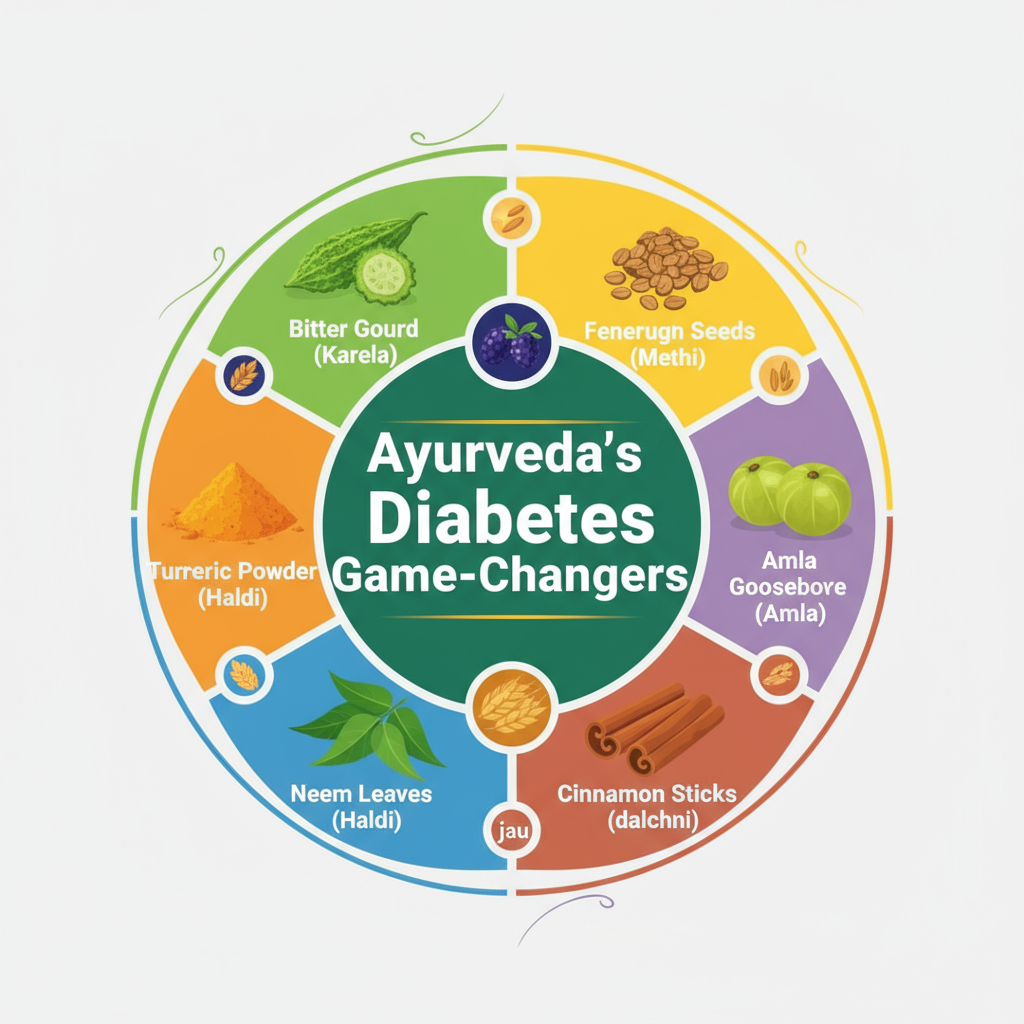Living with diabetes can feel overwhelming, but knowledge is the key to managing your health and leading a fulfilling life. This blog provides essential information for people with diabetes, including symptoms, types, management tips, and how to prevent complications.
What Is Diabetes?
Diabetes is a chronic condition that affects how your body processes blood sugar (glucose). There are several types:
Type 1 Diabetes: The body does not make insulin due to an immune attack on pancreatic cells. Usually develops in children or young adults, but can occur at any age.
Type 2 Diabetes: The body does not use insulin properly, and may not produce enough. This type is most common and often develops in adults, but cases in children are rising.
Gestational Diabetes: Occurs during pregnancy and usually resolves after birth, but raises the risk of developing type 2 diabetes later.
Other Types: Rare forms include those caused by genetic mutations, medications, or other conditions.
Common Symptoms
Diabetes symptoms often start mild and become more noticeable over time. Key warning signs include:
Increased thirst
Frequent urination (often at night)
Unexplained weight loss
Extreme hunger or fatigue
Blurry vision
Cuts and bruises that heal slowly
Tingling or numbness in hands/feet (type 2)
Dry skin and more frequent infections
If you notice these symptoms, consult your doctor promptly. Early treatment can prevent serious complications.
Causes and Risk Factors
Type 1 diabetes is usually caused by an autoimmune response, while type 2 diabetes develops from a combination of lifestyle and genetic factors. Key risk factors for type 2 diabetes include:
Overweight or obesity
Family history of diabetes
Sedentary lifestyle
High blood pressure or cholesterol
Age over 40 (though younger people can be affected)
Gestational diabetes risk increases with age, weight, and family history.
Managing Diabetes
Successfully managing diabetes involves several lifestyle adjustments:
Healthy Eating: Focus on a balanced diet with plenty of vegetables, fruits, whole grains, lean proteins, and limited sugar and saturated fats. Watch your carbohydrate intake and keep meals consistent, especially if using insulin.
Regular Exercise: Aim for at least 150 minutes of moderate physical activity (like brisk walking) per week. Regular exercise helps control blood sugar, weight, and stress.
Routine Checkups: Monitor your blood sugar, blood pressure, and cholesterol. Stay up to date with eye, foot, and dental exams.
Stress and Mental Health: Managing stress can improve blood sugar control. Reach out to your support network or a professional if you feel overwhelmed.
Medication: Follow your doctor’s advice regarding insulin or oral diabetes medications.
Complications to Watch For
Poorly controlled diabetes can lead to serious health issues over time:
Heart disease and stroke
Kidney damage
Nerve damage (neuropathy)
Eye problems and vision loss
Foot complications, including ulcers and possible amputation
Increased risk of infections
Other issues such as hearing problems, skin infections, and depression.
The good news: Consistently managing your diabetes can greatly reduce the risk of most complications.
Living Well with Diabetes
Diabetes is a journey, but you are not alone. By making informed choices, working closely with your healthcare team, and staying proactive about your health, you can lead a full and active life with diabetes.
If you are newly diagnosed or struggling, consider joining a diabetes support group or online community for extra encouragement and advice.
Remember: If you have symptoms of diabetes, or are at high risk, talk to your doctor about screening. Early diagnosis and treatment make all the difference.




